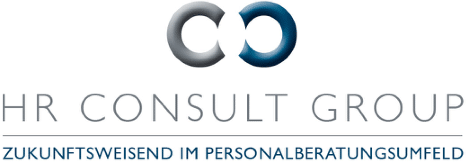So far in 2018, there are more than 44 million people in employment in Germany. The vast majority of them work full or part-time. But what ideas and regulations are new in terms of working hours?
Working hours of between 36 and 40 hours per week are considered full-time. The rule is to work 8 hours a day, 5 days a week. If there is no overtime. With 1.7 billion hours of overtime in 2017, Germany is one of the frontrunners when it comes to overtime.
However, too much work can have both psychological and physical consequences. This fact is no longer a secret. More than half of employees already complain of back and joint complaints. In second place is exhaustion. Third place goes to headaches.
But what can be done about it? Is it possible to reduce working hours by 20 percent while keeping the salary the same? According to one study, around 18 million people in Germany would like to give up working hours.
This is exactly what a New Zealand company tested for two months. They introduced a four-day week. A team of researchers from Auckland University monitored the trial. The only condition for the employees was that they had to achieve their weekly work targets.
The result of this test was clear. The employees were more productive and happier than before. Their stress levels also fell sharply.
At first glance, it admittedly looks paradoxical. However, a four-day week can conceal a number of problems. For example, personnel costs increase as more employees are needed. Nevertheless, researchers believe that savings are possible.
Another way to reduce the working hours of a full-time position is to introduce a six-hour day with full pay. After all, people can be just as productive in six hours as they can in eight. Studies have already shown that many people can only really concentrate on their work for a few hours a day.
Some companies have even tried a six-hour day. And with success. Their turnover increased.
But here, too, there is a major disadvantage in the higher personnel costs.
The second form of working time is part-time. Find out more in the next article.
About the author

After studying automotive engineering and industrial engineering, he began his professional career in the automotive industry in the areas of sales, development and marketing and also spent a year in Japan with one of the largest automotive suppliers.
He then moved to a globally renowned premium car manufacturer, where he was responsible for product marketing in Japan and South America and for marketing strategy in North and South America.
In 1994, he decided to become self-employed and founded a personnel consultancy in Munich, where he has been driving development and expansion for over 20 years. As Managing Director, his industry focus is naturally on the automotive world as well as mechanical and plant engineering.
His doctorate in the field of aptitude diagnostics ideally rounds off his areas of expertise, particularly with regard to personnel and management consulting. The dissertation deals with the identification and verification of typical personality traits of engineers as well as the definition of development areas for a successful professional career.
These are scientifically derived and presented in the book "Eignungsdiagnostik im Praxiseinsatz".
At the same time, his focus is on the development of networks and cooperation models as well as the continuous further development of systems and processes in personnel consulting.
Over the last 20 years in personnel consulting, he has developed several brands that are still operating successfully on the market today.



